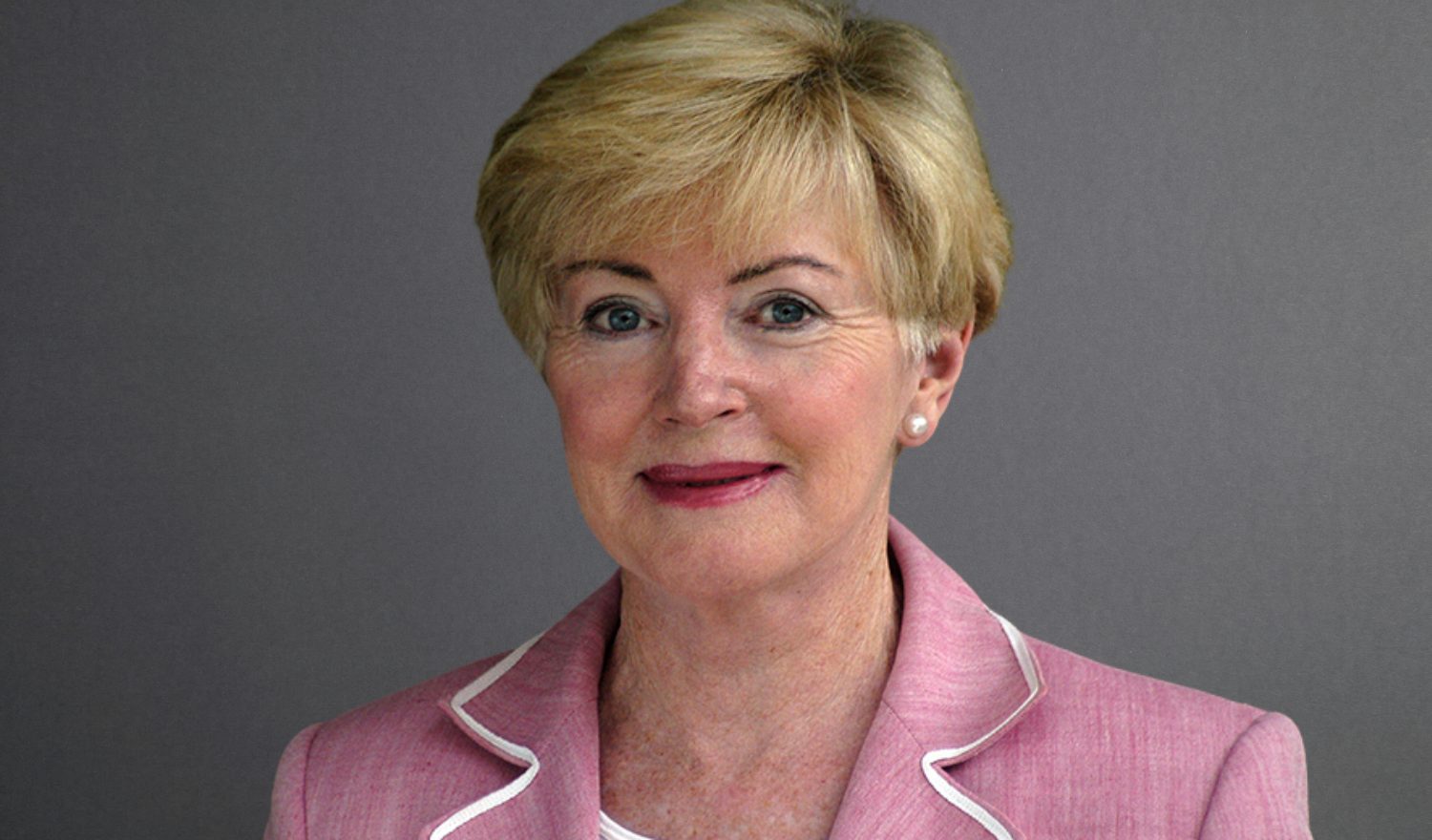The law is a complex field heavily reliant on knowledge, interpretation and advice. Lawyers bear significant responsibility for outcomes that impact individuals, businesses and the community. This makes for a profession that can have far reaching consequences and, as a result, lawyers are held to high standards.
Considering the mix of a lawyer’s professional accountability, long and demanding hours, along with the inherent commercial pressures of running a legal business and meeting clients’ needs, it is hardly surprising that practices can experience slips which can lead to ethical breaches. And as Athol Opas, barrister at Blackburn Chambers, College of Law consultant and former president of the ACT Law Society explains, lawyers’ ethical obligations including under conduct rules, as those apply to solicitors or barristers, are not as ‘intuitive’ as some might assume.
Athol Opas presents annual ethics updates to firms around Canberra to keep them abreast of recent cases of misconduct and/or common ethical breaches. This type of education assists firms and lawyers to uphold their professional obligations in what is becoming a more complex environment. From the explosive emergence of Generative AI and its unchartered impact on legal processes, to the increased incidence of cyber crime and mounting data management obligations, there are many new challenges facing lawyers today.
We spoke to Athol to find out about the most common ethical breaches which lawyers should be mindful of and to gain his top tips on complying within ethical obligations.
1. Brush up on your ethical and professional obligations
It is healthy to think of refreshing your knowledge of a lawyers professional obligations as a standard part of your continuing professional development (CPD).
Athol says: “The framework which governs the conduct of lawyers is a combination of common law ethical obligations and statutory obligations under the Legal Profession Act and the Solicitors and Barristers Conduct Rules, plus other regulations, such as trust accounting regulations.”
Workplace pressures, including financial pressures, can impact the necessary attention being given to the education, skills and training around professional obligations for staff. But in the end, it can become much more costly not to provide this type of essential training.
“I think it’s very important that lawyers, in their early years of practice, receive quality supervision from an experienced, competent lawyer who provides or instills a sense of professionalism and imparts professional guidance to lawyers so that, as they go on in their careers, they understand their professional responsibilities,” Athol observes.
Some obligations can be quite technical.
“An area that causes frequent professional breaches is trust account regulations, which requires technical understanding,” Athol explains.
2. Become familiar with section 223 of the Legal Profession Act
A key obligation concerning trust monies, and one which is frequently engaged in complaints involving solicitors, is section 223 of the Legal Profession Act 2006 (ACT).
“This provision states that a law practice must hold trust money deposited in a general trust account of the practice exclusively for the person on whose behalf it is received and disperse the trust money in accordance with the direction given by the person,” Athol says. “Section 223 gets a fairly regular run in complaints proceedings.”
Lawyers don’t need to be intimately familiar with every provision of the Legal Profession Act, but Athol does advise every lawyer to read the conduct rules, cover to cover, as it applies to their roles as solicitors or barristers.
“Until you’ve encountered an ethical dilemma, lawyers may assume that they just know the answer,” Athol explains.
“But in my experience, the answer to ethical dilemnas is not always obvious, and a lawyer’s obligations under the conduct rules are not all necessarily intuitive.”
3. Remain vigilant when it comes to cost disclosure
“When Australia sought to harmonise the regulation of the legal profession, probably one of the most significant changes that came into the legislation was consumer protection, particularly provisions around lawyers providing up-front cost disclosure (estimates) to the clients,” Athol says.
“The purpose of the cost disclosure provisions is so that, when the client enters into the lawyer-client relationship, they have a good understanding of what that engagement is likely to cost the client.”
According to Athol, cost disclosure needs to be an ongoing process, beyond regular billing updates.
“You don't provide cost disclosure only once at the start of a matter. If estimated costs change during the course of a matter, there is an obligation on the lawyer to provide continuing cost disclosure to the client. This way the client has an appreciation of how the initial costs disclosure might have changed,” Athol says.
“It is easy to forget to provide an updated cost disclosure to the client,” Athol explains. “Lawyers often think it’s good enough to provide regular bills to the client, but if a lawyer doesn’t provide regular, ongoing, updated cost disclosure to a client and that initial fee estimate changes, then the lawyer puts themselves and their law practice at risk of breaching cost disclosure obligations under the Act and a resulting cost dispute with the client.”
Some costs are easier to estimate than others. If you’re doing something routine, like conveyancing or drafting a will for example, it’s fairly easy to gauge from the outset how much time is going to be involved and what it's going to cost. However, other matters can be more complex.
“A more complicated transaction or litigation might be harder to estimate from the outset, as there are many pathways which the matter might go down,” Athol says. “So, what might have looked like a relatively simple, straightforward case can turn complicated and therefore a more expensive case for the client than originally estimated.”
This type of oversight can easily happen when you are running a busy practice.
“As the lawyer, it’s easy to become focused on just doing what needs to be done to meet the next court date, or responding to whatever is happening in the litigation, particularly as things move very quickly. It is easy to forget to do the more mundane things like update the client on cost disclosure.”
4. Institute systems to ensure compliance with ethical obligations
Athol advises law practices and lawyers to institute systems and procedures to ensure that everyone in the firm complies with their legal professional obligations, including the law practice itself.
“Principals of a law practice have a positive obligation to supervise employed lawyers and administrative staff.”
“It's easy to say these things, but different when you're operating in a busy practice and there are competing demands on everyone’s time, including the principals,” Athol observes. “The best way to tackle this is for any principal of a law practice to establish proper systems and procedures to ensure that they and everyone else in the firm are complying with the obligations of law practices and lawyers. Complying with lawyers’ ethical, statutory and other obligations need to be given appropriate priority.”
Good systems can ensure, for example, ongoing costs disclosure is made to clients and that files are regularly reviewed so that fee estimates to clients are updated. A firm should institute a system to regularly review files including to ensure that a current and recent fee estimate has been provided to the client.
5. Seek guidance when you’re unsure
“If you can't get the answer within your firm, talk to someone else outside of your firm and get some advice,” Athol says.
“If a lawyer is the subject of a formal complaint about their professional conduct, they shouldn’t try to be their own lawyer. They should get help from someone who understands the area of lawyer occupational discipline. Like in any matter, trying to be your own lawyer is typically not a great idea.”




























![How to handle Direct Speech after Gan v Xie [2023] NSWCA 163](https://images4.cmp.optimizely.com/assets/Lawyer+Up+direct+speech+in+drafting+NSW+legislation+OCT232.jpg/Zz1hNDU4YzQyMjQzNzkxMWVmYjFlNGY2ODk3ZWMxNzE0Mw==)





















































